
Cool Beans!
Towards the end of last term, the Year 5’s began to explore the life cycle of plants, and investigated which factors are needed in order for a seed to begin to germinate, as well as what happens in the beginning stages of a plant’s life! We conducted an experiment where we gave two batches of seeds warmth and water, but only gave one batch of seeds air. Through this investigation, we learnt that seeds need all three factors, water, warmth AND air to germinate, as the seeds with air began to germinate, while the other batch did not!
Just before the holidays, the Year 5’s “planted” their very own bean seeds in a clear jar with paper towel and some water. The seeds were left in a nice sunny, warm spot and given water when needed. On return to school, the kids were thrilled to see just how much their bean babies had grown! By the end of the holidays, all the seed coats had split open, most had grown in intricate series of roots, and a few had even grown a tall shoot with the first two leaves! After such an eventful introduction to the topic of plant life cycles, we just can’t wait to see what else we will be learning about our wonderful world in Science this term!
Robyn Pieters
Year 5 Teacher
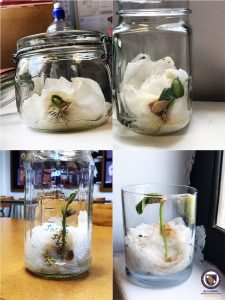
Read More

Teaching Young Learners About Endangered Animals
“We all have a responsibility to protect endangered species, both for their sake and for the sake of our own future generation” – Loretta Lynch
The Year 2 teachers have been expanding the knowledge of learners on endangered and extinct species during Global Perspectives. We hope for our learners to gain an understanding of the importance in protecting the animals around the world.
Teaching young learners about extinction and endangered animals creates natural curiosity and fascination about the world around them. They need to realise from a young age that every year a few species end up extinct and this is largely as the result of human activities. Teaching learners to care about and protect animals and their habitats is one of the best ways in which we can help prevent more species from becoming extinct as the children of today are the leaders of tomorrow.
As parents and teachers, we are familiar with the importance of how poaching, climate change, deforestation and urbanization have led to the decline in species. That is why it is of utmost importance and our responsibility as adults to teach our children lessons about endangered and extinct species.
“Animals should not require our permission to live on earth. Animals were given the right to be here long before we arrived.” – Anthony Douglas Williams
Erin Hierse
Year 2 Teacher


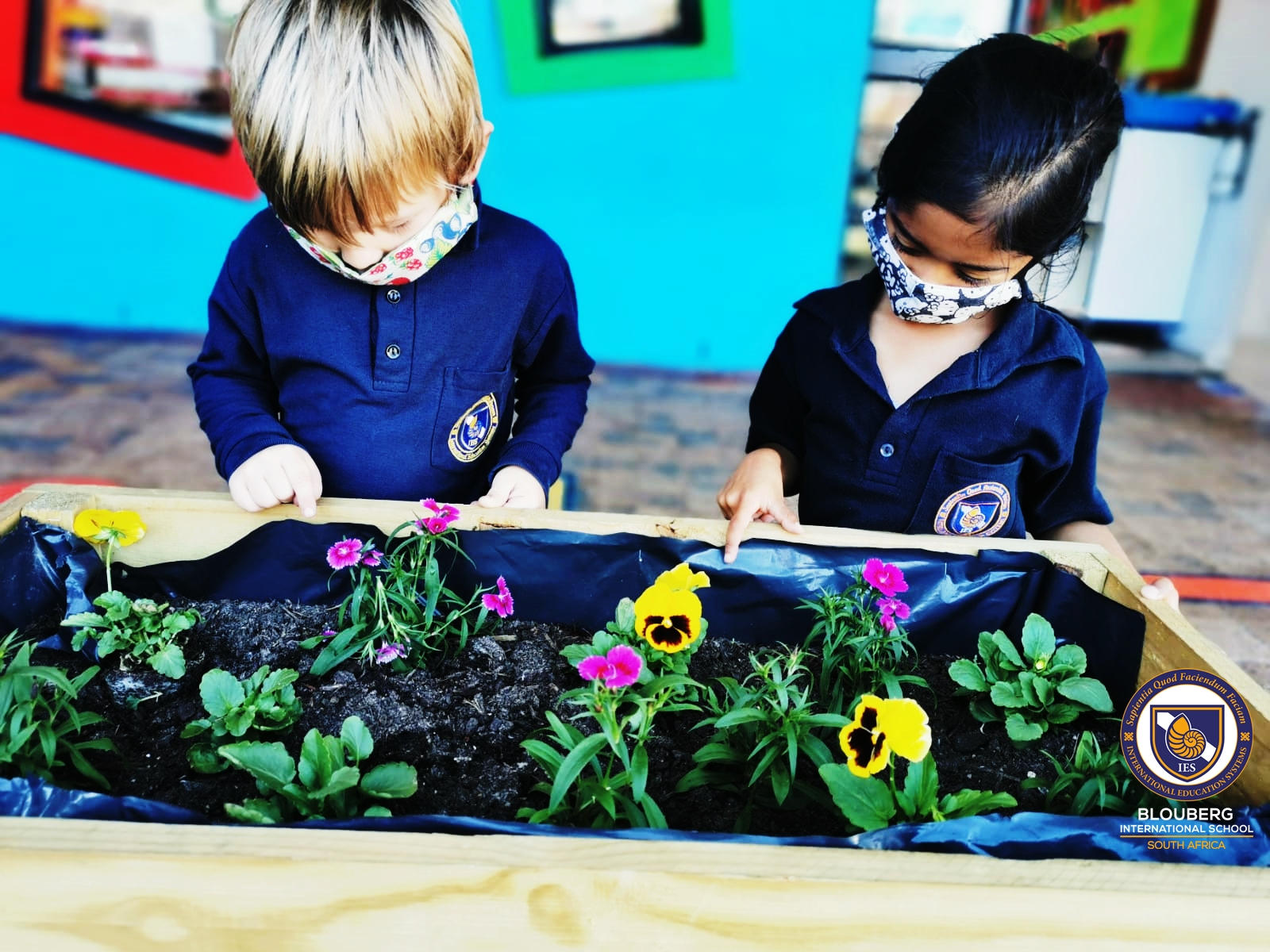
The Benefits Of Gardening For Children
In the Foundation Stage we have decided to grow our own little class gardens in planters outside our classrooms. Gardening offers so many fun and interesting opportunities for the students and teaches them invaluable lessons.
They learn about the different types of flowers, vegetables and herbs and what they need to help them grow. It also offers an opportunity for the children to learn about different shapes and colours, etc.
Gardening engages all sorts of senses. They can feel the texture of soil, seeds, flowers, etc. They get to smell all the beautiful flower scents and see all the colourful petals. It also helps develop hand-eye coordination as well as physical strength.
If children grow their own vegetables, they gain a keen interest in eating them. Growing vegetables not only teaches them the hard work that it takes to grow them but also a sense of achievement! Growing any sort of flowers or vegetables requires daily attention and care. The students take turns to water their little gardens. They quickly learn if they are not watered regularly and taken care of they won’t flourish.
We have seen here at school, gardening is a good way to teach responsibility. The students are learning to be patient while waiting for their flowers and vegetables to grow. They need to remain engaged in the process and keep looking after their flowers and vegetables even when there are no clear results, but the anticipation makes the moment their flowers or vegetables sprout even more exciting!
Cindy Nunan
Nursery & Pre-Reception Teacher
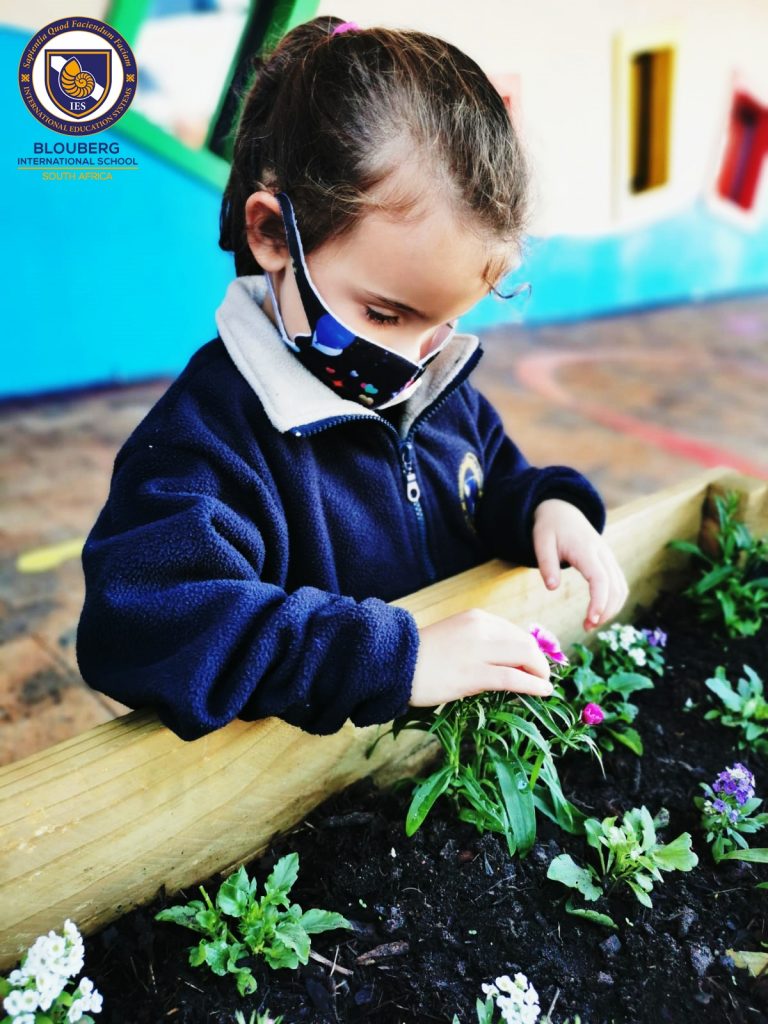
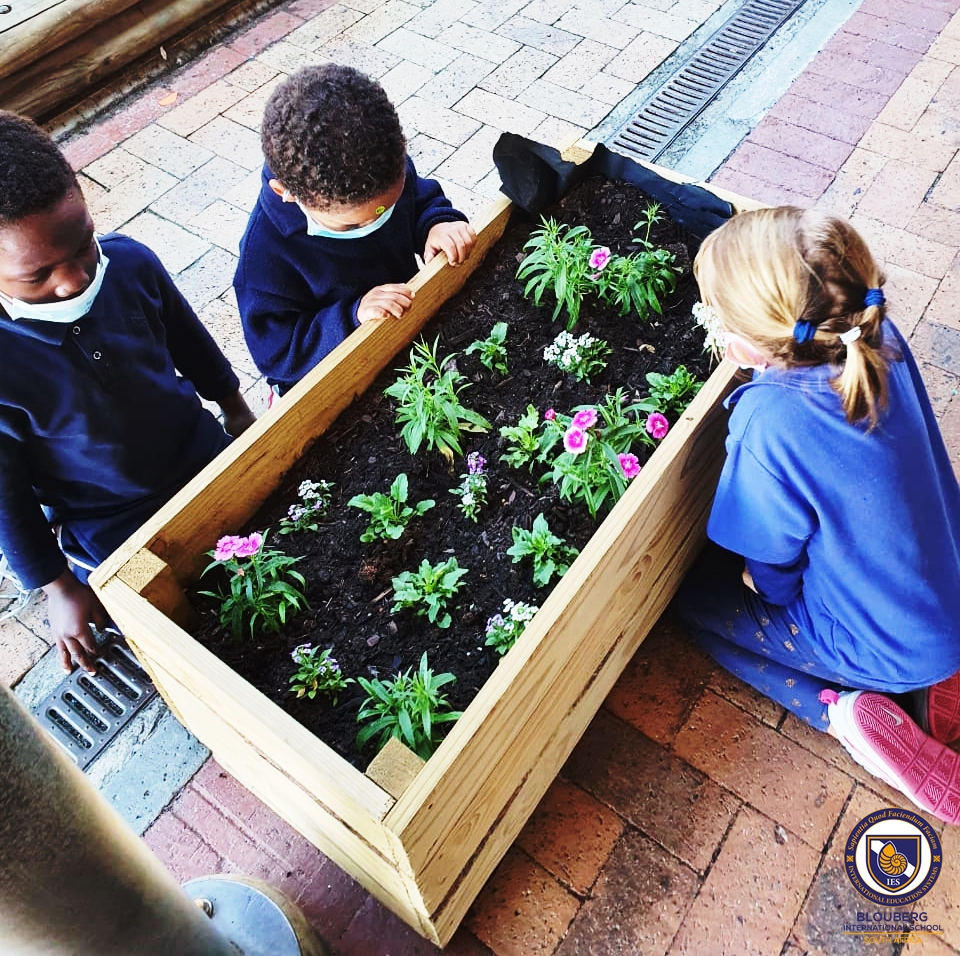
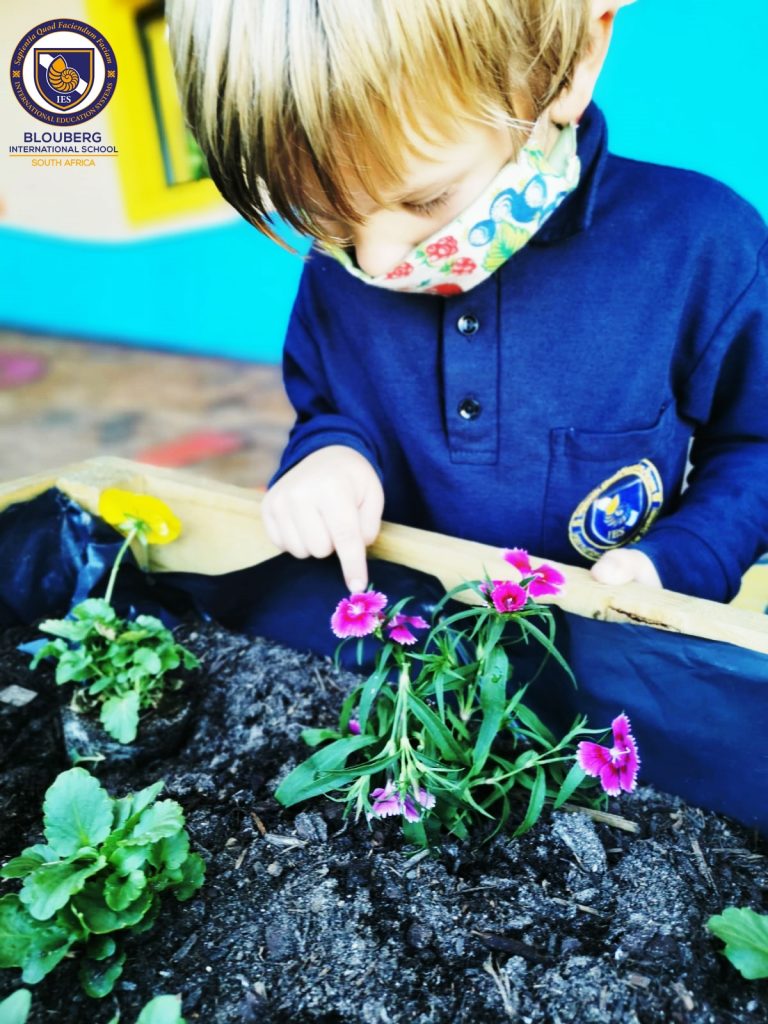
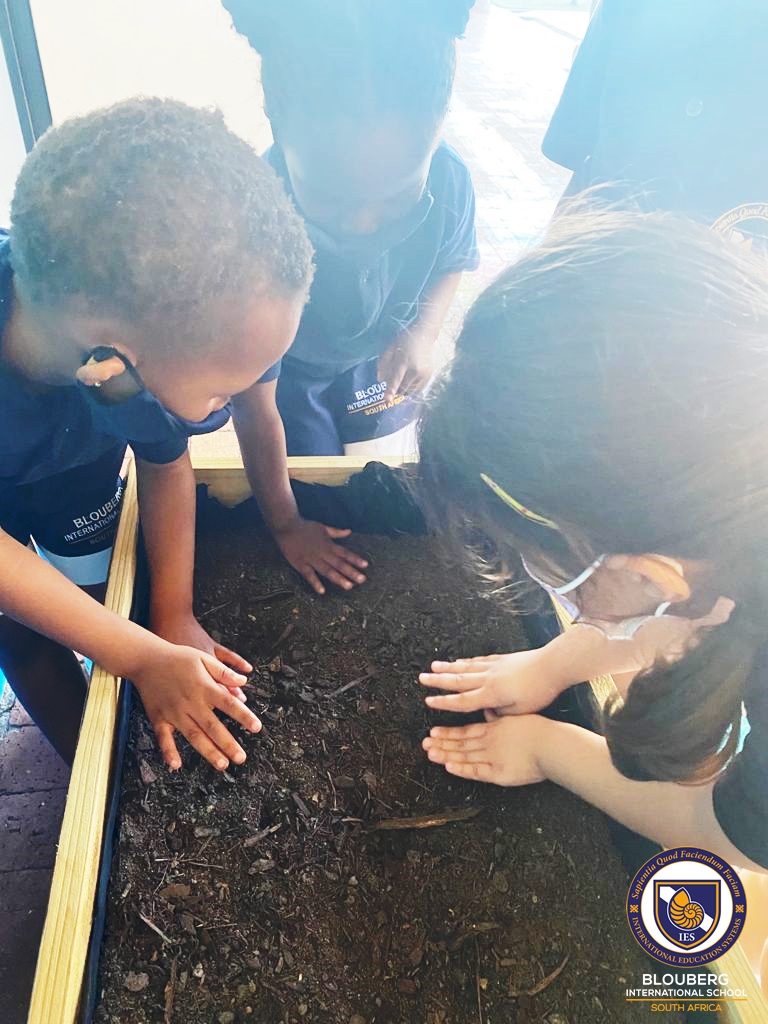

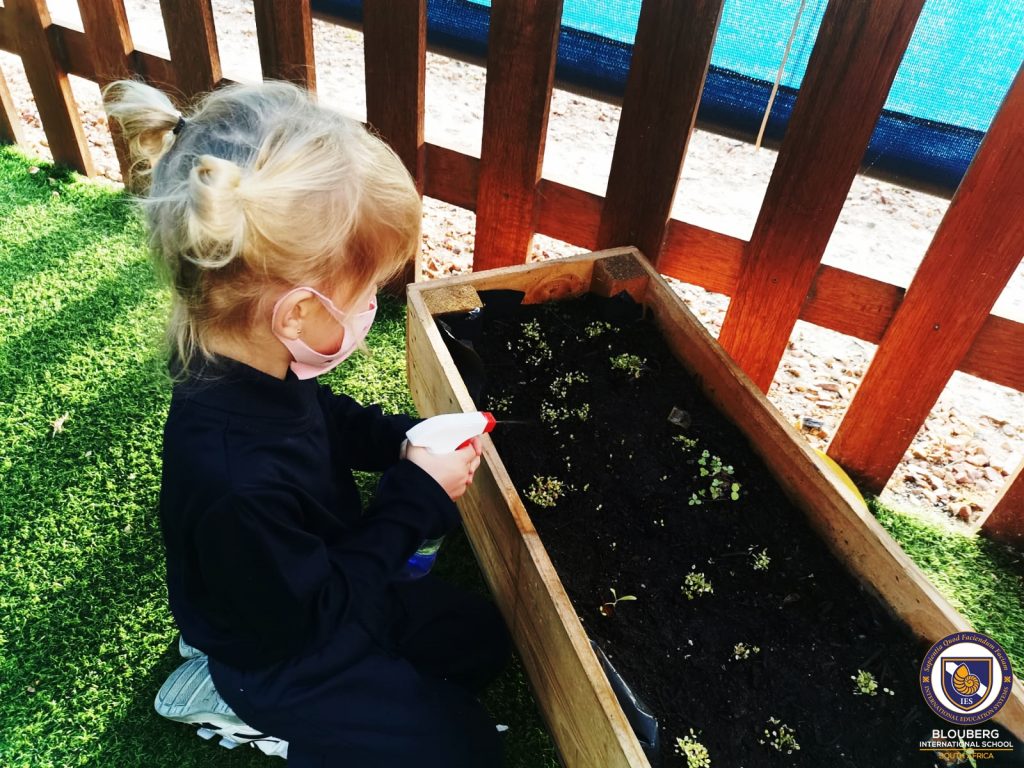

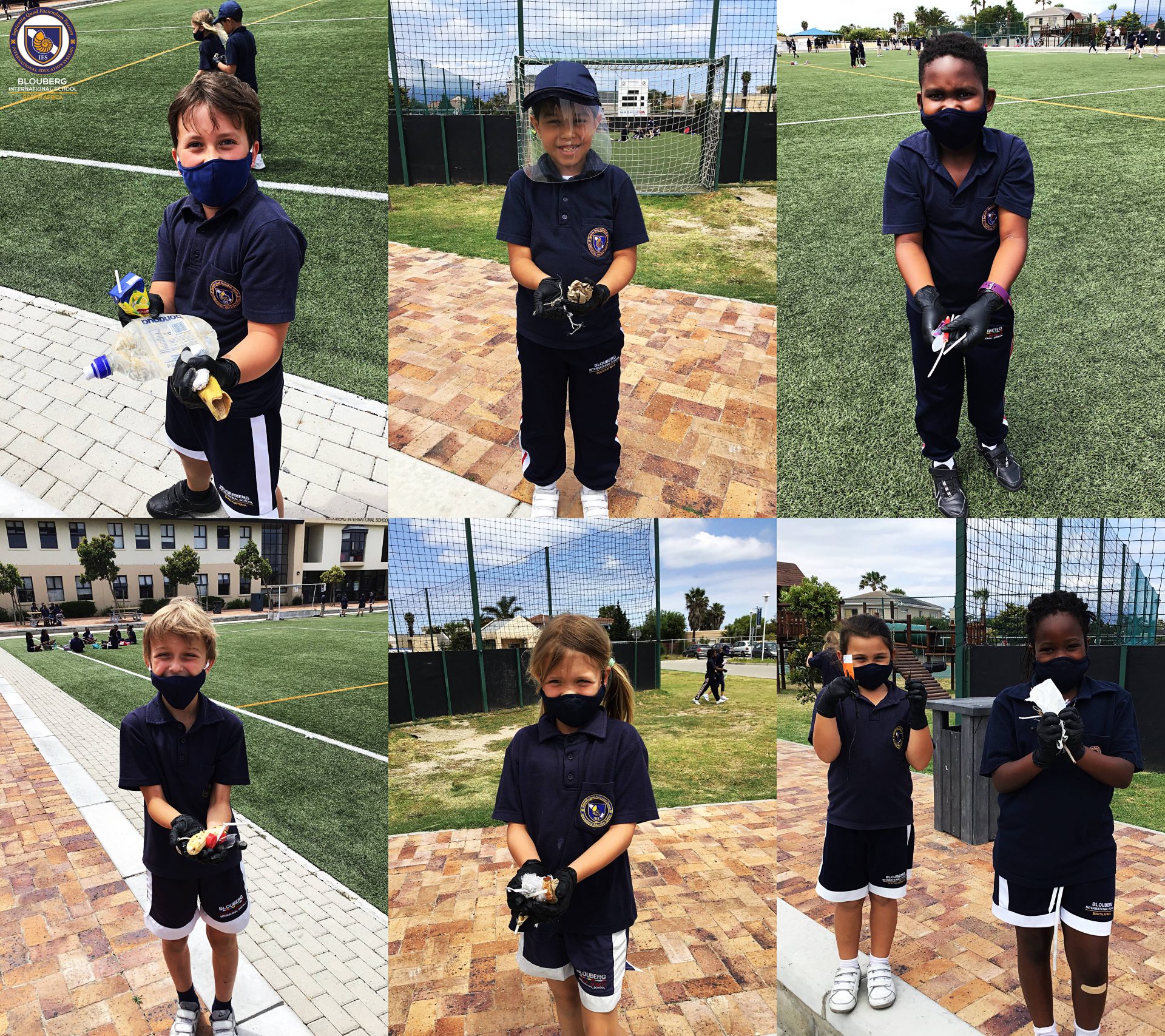
Why Should We Teach Children About Pollution And Waste?
The Year 2 students have been learning about pollution and waste over the past few weeks in Science and they have been taking the topic very seriously.
The teachers find it a very important topic for students to learn about as it benefits not only the students, but also the environment around us. Pollution affects our health and welfare every single day as it directly relates to the status of our environment, therefore making it an exceptionally important topic to have knowledge on, from a young age.
A crucial part of development is that students learn that they have a choice and the power to make a difference in the world.
The Year 2 teachers took the students outside to collect litter around the school and then discussed the different types of waste they had found (fruits, paper, and plastic). We also discussed which of the waste was biodegradable and which were non-biodegradable. This was a fun activity of learning new information and Year 2 thoroughly enjoyed it.
Erin Hierse
Year 2 Teacher

